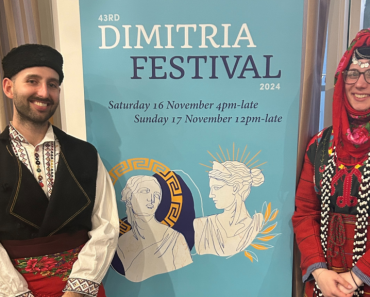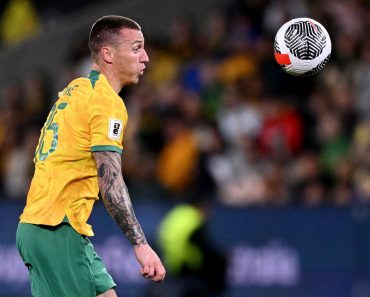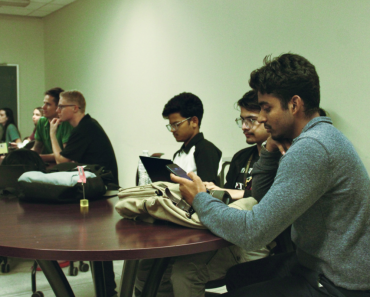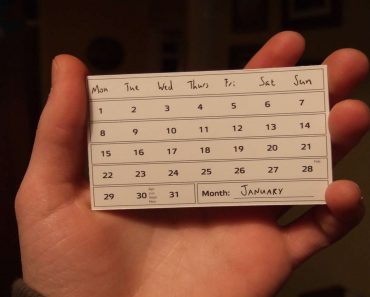Sport isn’t just about watching athletes invade each other’s personal space in ways that would get the rest of us fired. From ancient Greece to the AFL Grand Final, sport has been where communities gather, rivalries are settled, and wars are averted.
Sure, grown men and women chase an inflated piece of leather, but sport could be the glue that prevents society from erupting into bedlam. The ancient Greeks knew that sport was as much about bringing people together as it was about winning. In a world growing more divided, is sport the thing that saves us?
Sport as a bloodless war
One way sport might be thwarting societal collapse is by channelling our innate desire for violence. In ancient Greece, this association between athleticism and warfare is echoed by Plato, who said Greeks made sports… trials of warfare, and rightly did so, since, as we have already said, war is the greatest of all contests.”
In Book II of the Peloponnesian War, Thucydides notes that the Athenians believed physical training through sports was essential for developing the endurance needed in battle. Modern sports followed this trend of channelling aggression through sport. Rugby, the forerunner to AFL, was developed to channel aggression and prepare young men for leadership roles, often in the military. During the 19th and early 20th centuries, rugby became an integral part of British public schools to “civilise” the upper class.

The physicality and rigor of the game helped instil discipline, teamwork, and a strong sense of duty—qualities essential for empire military officers and leaders. Beyond schools, rugby also served as a form of social cohesion. After World War I, it became a sport that symbolised strength and resilience for many nations, especially in New Zealand, South Africa, and the Great Britain.
Aussie rules football, born in the 19th century as a mix of an Aboriginal game known as Marngrook and Gaelic football – follows a similar trend set in ancient Greece – Marngrook was played in Victorian First Nations’ celebrations with over 100 young men and boys. While there’s now less nudity and more sausage rolls, the principle’s the same. War-like aggression is explored vicariously on the pitch.
It’s tribal, it’s passionate, and yet, at the end of the day, no one’s calling for anyone’s demise. The battle is simulated in competitive sports. The bruises remain on the pitch, and the rivalries? Settled with a trophy, not a war.
Civic pride and identity
Back in ancient Greece, when your city’s athlete won, it was like the whole town got a promotion. Athletes weren’t just representing themselves—they were carrying the honour of their entire city-state. Sports today may likewise help provide a collective identity free from political, class, or racial affiliation.
If an Athenian triumphed in the games, it wasn’t just their family celebrating over a few jugs of wine. The whole city got in on the action, immortalizing the athlete with statues and poems. Forget a key to the city—these athletes practically owned it in that moment.

Fast forward to the AFL, and it’s not that different. When your team wins the Grand Final, it feels like the entire city gets a victory parade. Fans wear their team’s colours like badges of honour, and the Monday after a win?
It’s more bearable, even if you’re still nursing a hangover from the celebrations. The pride’s not just for the athletes—it’s for everyone who’s lived through the highs and lows of the season, from the first bounce to the final siren.
Rituals and festivities
Let’s be honest: sport is not just about the game itself—it’s about everything surrounding it. In ancient Greece, sporting events like the Panathenaic Games were as much about the feasting and partying as they were about the competition.
After all, you don’t sacrifice a hundred oxen to the gods just because you’re feeling generous. The whole city turned up, draped in their finest robes, to watch the games and join the grand procession. It was part-sporting event, part-festival, but all fun.
In modern Australia, we’ve got our own rituals for the AFL Grand Final, but our drink of choice is the frothed variety.
Friends and family gather for BBQs, where the grill becomes the altar and sausages the sacrifice. Pies and beers are shared as fans gear up for the game, donning their team’s colours like an ancient Greek putting on their festival best.
Sure, it’s a celebration of the sport, but it’s also an excuse for a communal feast and a good time. You’re doing it wrong if you don’t walk away full and slightly hoarse from yelling.
The unifying power of sport
In ancient Greece, sport was a way to avoid stabbing your neighbour with a spear—not an exaggeration. During athletic festivals, warring city-states called a truce, pausing conflicts to compete in the stadium. The most notable example of this is the Olympic Games, where a sacred truce, known as the ekecheiria, was declared. This truce ensured safe passage and halted conflicts so that athletes, even from warring city-states, could travel to and participate in the games.

For those few days, rivals became spectators, bound by their shared love of the games. It proved that even in a fractured world, sport could offer a sense of unity. If there’s one thing the AFL Grand Final does, it’s unify. Whether you’re a left-leaning hipster from Melbourne or a conservative Lib from Perth. Whether you know the game’s rules, or you’re showing up for the BBQ, the Grand Final’s a chance for Australians to come together.
It’s a moment where rivalries exist, sure, but they’re settled with cheers, not anger. The game transcends political and racial divides, bringing people from all walks of life into the same room (or pub) to partake in the drama. At its core, sport reminds us that we’re all on the same team when it comes to hating some tiny players on a screen.
How sport still brings us together
So, can sport save us? Well, it’s been doing a pretty good job for the past few thousand years. From ancient Greece to the AFL, sport’s given us a way to channel our rivalries, celebrate our communities, and, most importantly, come together. All it takes is a ball, inflated egos, and a lot of passion.
Thanos Matanis is an ancient and classical historian who has contributed to various publications, including the National Museum of Qatar and Ancient History Magazine. He combines contemporary issues and culture with ancient history to offer fresh insights.







